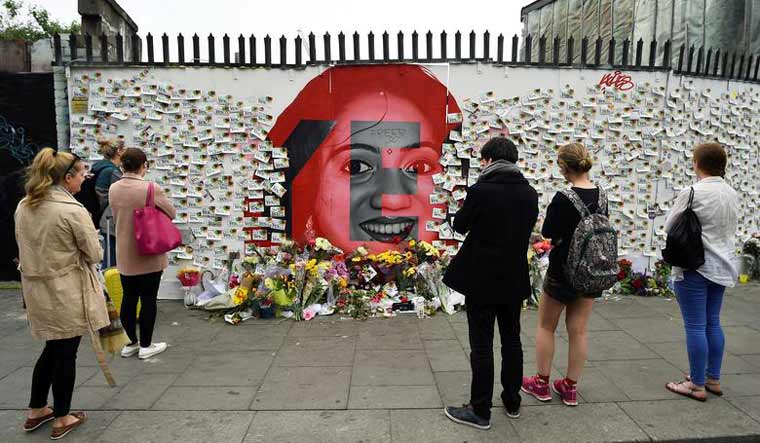A leaked draft opinion suggesting that the US Supreme Court could overturn the landmark 1973 Roe v. Wade decision, has caused an uproar among activists who have campaigning for open access to abortion. Women in the US now find themselves on the verge of possibly losing the constitutional right to abortion.
The ongoing battle for abortion has brought to the spotlight, the story of Savita Halappanavar, who died after being denied an abortion. Savita was a 31-year-old dentist originally from Karnataka, who died of septicaemia in 2012. She contracted septicaemia or sepsis during a miscarriage after she was denied abortion at University Hospital Galway, in Galway, Ireland. A 17 weeks pregnant Savita went to the hospital with back pain. The doctors told her she was having a miscarriage. But the doctors denied her an abortion. They told her she was in a 'Catholic country' and it would be illegal to perform an abortion while the fetus had a heartbeat.
She was repeatedly denied an abortion. She finally went back when the heartbeat stopped. By the time the fetus was removed, Savita has developed an infection- septicaemia. She succumbed to it the next day.
The then spokesperson for external affairs ministry Syed Akbaruddin raised concern over Savita's death. Post this, Irish authorities ordered a probe. An independent inquiry was made into Savita's death. It was concluded that there was poor patient monitoring and risk assessment.
The 1983 Eighth Amendment of the Constitution, barred women from undergoing abortion under any circumstances. Savita's death, however, was a turning point of sorts. Her death set off outrage across the country. It gave momentum to a growing call for change. Savita's images made their way into billboards, placards, flyers, murals and social media. It represented what was fundamentally wrong with the system. For several Irish women, it was like a mirror being held up, showing that the 1983 amendment could affect them. In Ireland, in December 2018, after being approved by both Houses of the Oireachtas, abortion was legalised.




